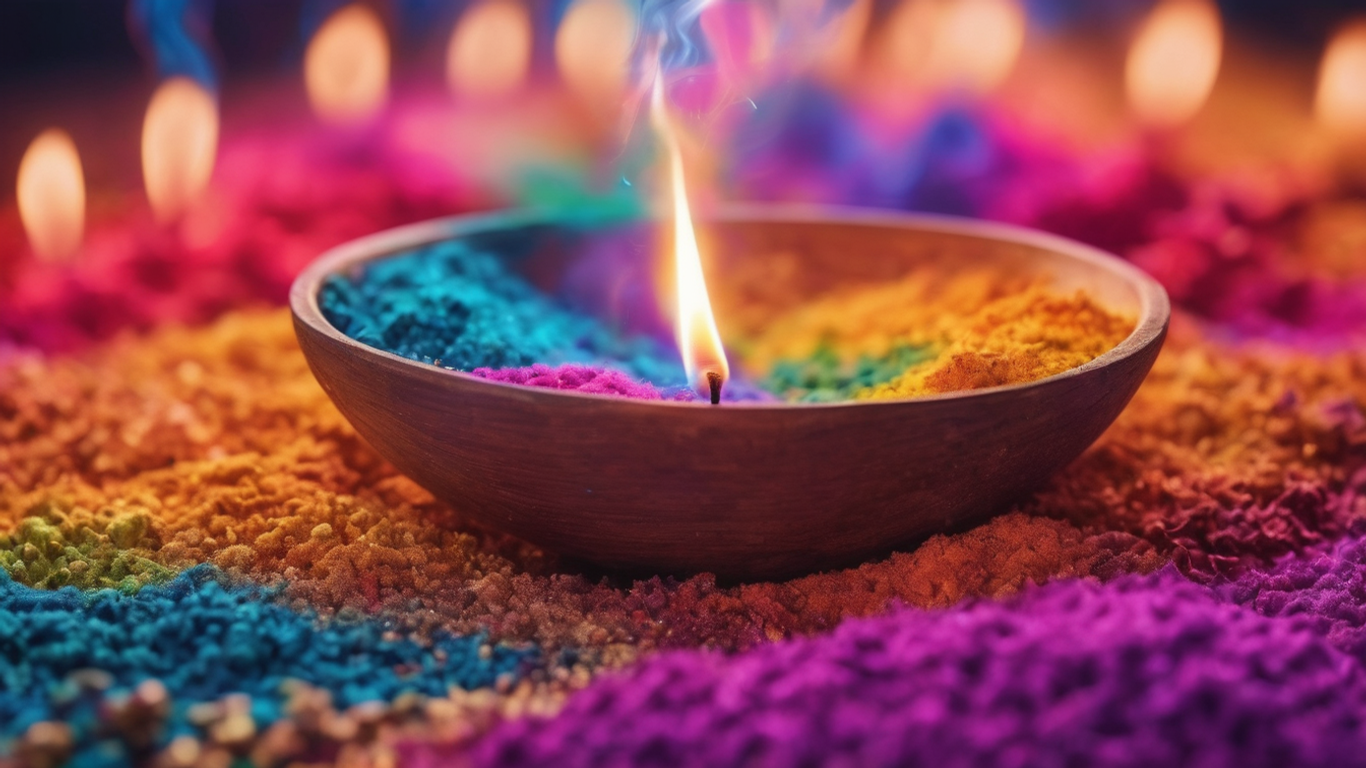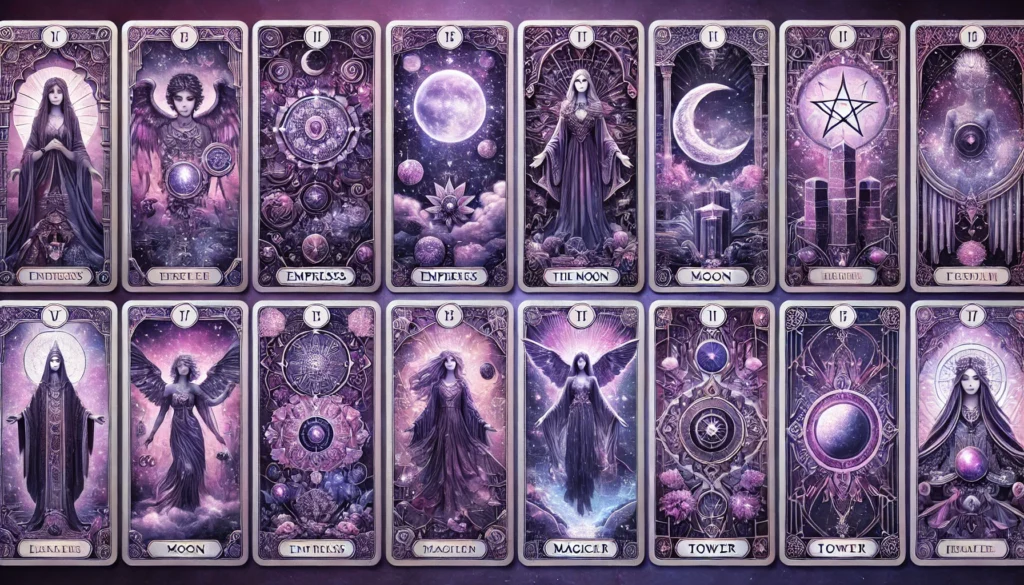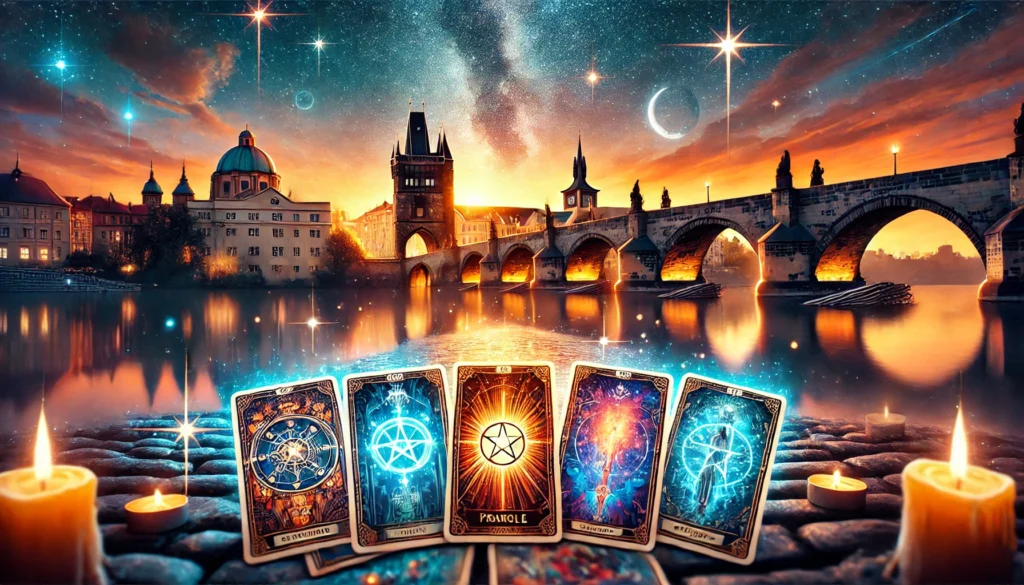Incense, for centuries, has been an essential part of spell casting, rituals, and various spiritual practices across different cultures. In magic, it is more than just a fragrant smoke; it is a conduit to channel energies and manifest intentions. The type of incense used can significantly impact the efficiency and effectiveness of the spell. This article will explore the kinds of incense commonly used in spell casting and their unique properties.
The first type worth mentioning is Frankincense. Known as the “king of incense,” it is revered for its power and versatility. It is commonly used in protection and purification spells because it can dispel negative energy and create a sacred space. Furthermore, it aids in meditation and spiritual growth, making it a staple in many rituals.
Next on the list is Myrrh, commonly with Frankincense due to their complementary properties. Myrrh is ideal for healing and health spells and has a soothing effect on the mind and body, promoting well-being and emotional balance. In addition, Myrrh invokes psychic awareness and spiritual enlightenment.
Sandalwood is another popular choice among practitioners of magic. It is known for its deep, woody scent and calming properties and is ideal for protection, healing, and exorcism of negative energies. It enhances concentration and focus, making it beneficial for meditation practices.
Despite its fierce name, Dragon’s Blood comes from the bright red resin of various plant species. It is known for its potent protective qualities, making it ideal for spells intended to ward off evil or negative energies. Beyond this, Dragon’s Blood amplifies the potency of other incense and spells, making it a valuable element in more complex rituals.
Lavender is another widely used type of incense in spell casting known for its calming and harmonising properties. Lavender is used in love spells, peace and tranquillity rituals, and spells to promote sleep or fight insomnia. Its soothing scent reduces anxiety and stress.
In conclusion, the type of incense used in spell casting can significantly influence the spell’s outcome. Whether it’s Frankincense for protection, Myrrh for healing, Sandalwood for focus, Dragon’s Blood for power, or Lavender for tranquillity, each incense has unique properties and uses. Understanding these properties and how to use them effectively is crucial for successful spellcasting. Regardless of the spell, the magic lies not just in the ingredients used but also in the intent and belief of the practitioner.


